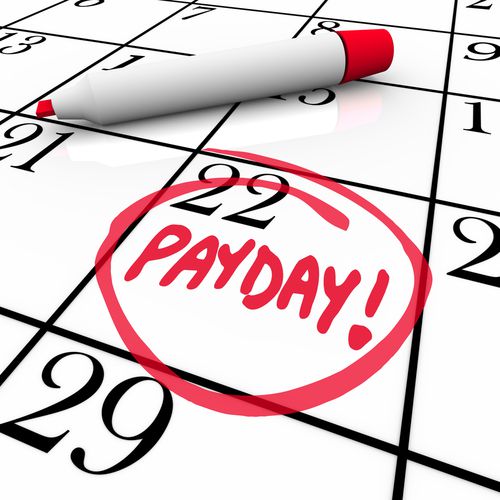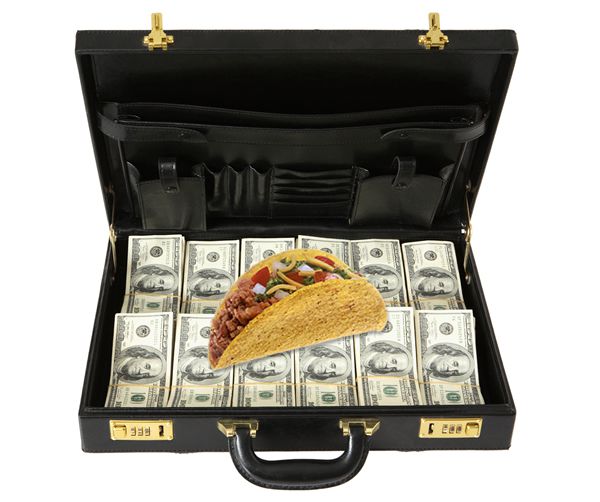For many years, our employment law attorneys in Charleston have been helping employees make claims for unpaid wages in South Carolina. Employees have strong rights when it comes to receiving their wages after performing work for their employers. For example, if an employer fails to pay wages in South Carolina, the employer may be responsible for treble damages and attorneys fees. This article explains your rights to wages in South Carolina.
What If My Employer Doesn’t Pay My Wages in South Carolina?
If a worker doesn’t get paid, he or she can file a complaint with the South Carolina Department of Labor for unpaid wages. However, even if the Department performs an investigation and determines that the employee is owed the wages, it can’t force the employer to pay. So, what can an employee do to collect unpaid wages in South Carolina? They can take their employer to court to collect three times their wages plus attorney’s fees.
When an employer fails to pay an employee, the employee can make a legal claim for breach of contract and an equitable claim for restitution. More importantly, the employee can make a claim under the South Carolina Payment of Wages Act. This law has many benefits to employees, including several record-keeping requirements for the employer. The law also requires that if an employer plans on withholding pay for any reason (such as if there is a shortage in a cashier’s till) then the employer must put the policy in writing. Perhaps the greatest benefit to employees is that the Wages Act makes it possible for the employee to recover three times the amount of his or her unpaid wages plus attorney’s fees unless the employer shows that there was a bona fide dispute over the wages.
Not only are businesses and corporations responsible for unpaid wages, agents or officers of a corporation who knowingly permit their corporation to violate the Payment of Wages Act may be individually liable to the employee for the amounts owed. So, even if a company goes out of business, the employee may be able to recover the unpaid wages directly from someone else in the company.
Employee vs. Independent Contractor Claims for Wages
In some scenarios, an employer may claim that an employee is an “independent contractor” instead of an employee. Independent contractors are not protected under the Wages Act. Many people believe that the determination of whether someone is an employee or an independent contractor is based upon whether the person receives a W-2 or a 1099 from the employer. Actually, South Carolina applies a four-factor test, and the determination is made on a fact-specific, case-by-case basis. The four factors are: (1) whether the employer had the right to, or exercised control of the work being performed; (2) how the employer paid the worker; (3) whether the employer furnished equipment, tools, and supplies for the worker to perform his or her duties; and (4) whether the employer had the right to fire to fire the worker. For example, if the employer controlled how the worker performed his or her duties and supplied all of the equipment and materials to get the job done, that worker may be an “employee” regardless of whether the employer claims that the worker is an independent contractor.
Wage Claim Lawyers in Charleston, SC
If you are owed wages by your employer for a relatively small amount, you may wish to seek recovery in the small claims court (up to $7,500.00). If the amount of trebled damages is greater than the $7,500.00 allowed in small claims court, then it is best to file the claim in the Court of Common Pleas. Either way, if your employer has wrongfully withheld your wages, then contact the Charleston wage claim lawyers of Futeral & Nelson, LLC for a free consultation.










